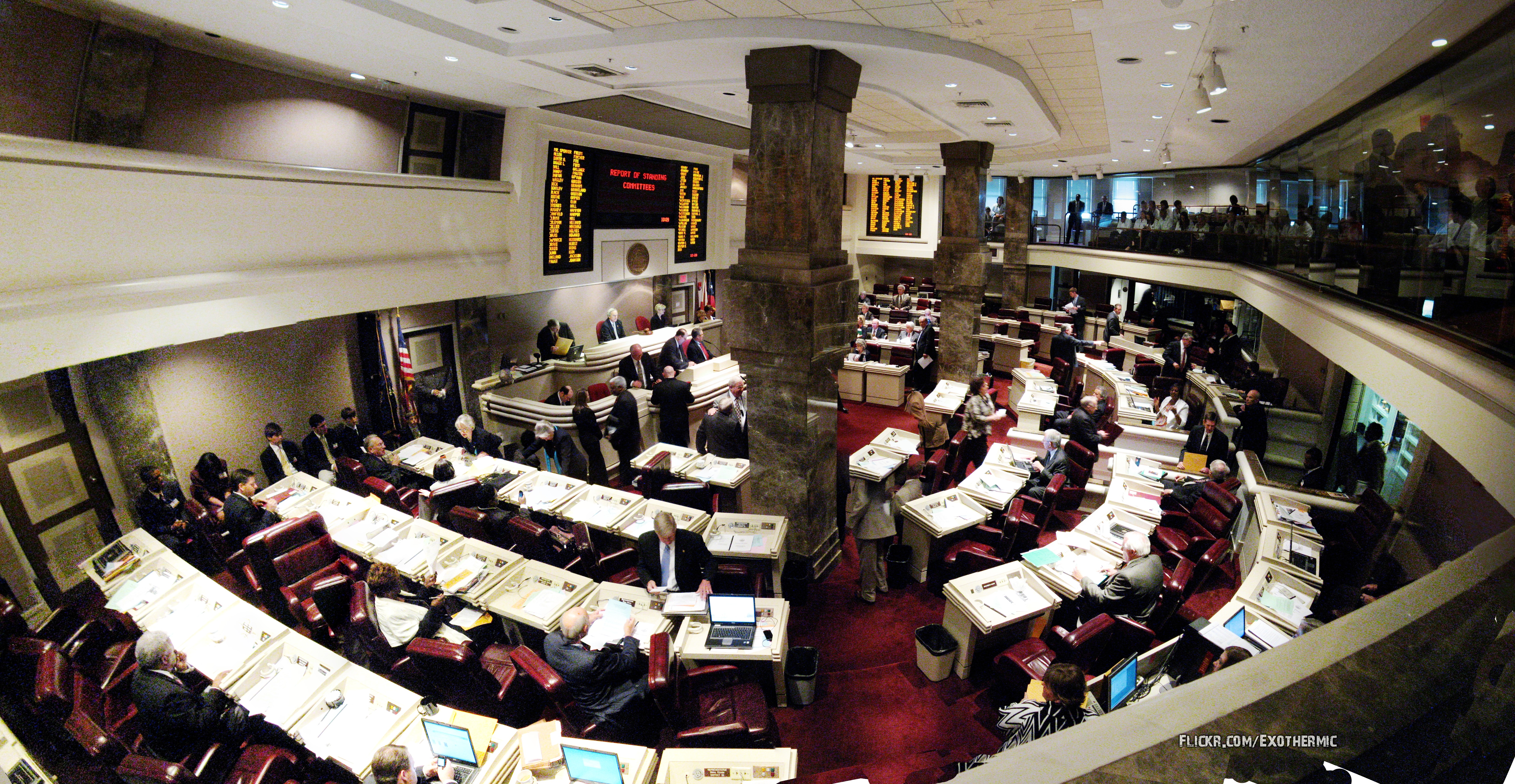By Tyler Pruett, Managing Editor
MONTGOMERY, Ala. — Last week, lawmakers in Montgomery reached a compromise on the allocation of the approximately $1 billion in settlement funds that BP is due to the state after the disastrous Deepwater Horizon oil spill of 2010.
BP Global is obligated to pay the state $1 billion over the next 18 years to compensate for economic damage caused by the spill.
The House, Senate, and Governor decided to allocate the funds three ways: $400 million to debt repayments, $120 million to help fund Medicaid in 2017 and 2018, and $120 million to support highway projects in Mobile and Baldwin Counties.
The $400 million debt repayment will go towards repaying the amount taken from the Alabama Trust Fund to prop up the General Fund over the last few years.
The funds going to Medicaid will help cover the deficit predicted over the next few years. Medicaid costs the state an increasing amount each year, with the agency estimating it will need $865 million in 2018 and $895 million in 2019.
The lottery bill, which is the primary reason Governor Robert Bentley called the special session, died on the Senate floor over two weeks ago. Lawmakers deemed compromise “impossible” on the issue. If the bill would have passed, 90 percent of the proceeds would go to Medicaid; greatly helping the rising costs.

Will Ainsworth (R-Guntersville), who represents part of DeKalb, Marshall, and Jackson counties weighed in on the conclusion of the special session.
When asked if the BP funds were allocated the way he wanted, Ainsworth said, “I would say that it wasn’t my prefered option.”
“I voted along the lines of other North Alabama members to try to bring more of the money back home,” said Ainsworth. “Which surprisingly and unfortunately we got out voted.”
Many lawmakers from North Alabama pushed for more money to make it to our part of the state. The funds not going to Medicaid or debt repayment, went to South Alabama.
While the money didn’t directly come home, Ainsworth believes that it will still benefit the state as a whole.
“We had a choice to take the option that was on the table or not. It paid off $400 million in debt, and it took care of medicaid for the next few years, which is important to our rural healthcare and doctors,” Ainsworth said.
“I would rather that money have gone to North Alabama, but I was glad to see it go to tourism projects that benefits the whole state,” Ainsworth said.
The $120 million in highway funds will be used for improvements to the roadways most of us travel from Interstate 65 or Interstate 10 to the Gulf Coast.
“We’ll be able to get to the beach faster because of the money that’s going down there,” he added.





